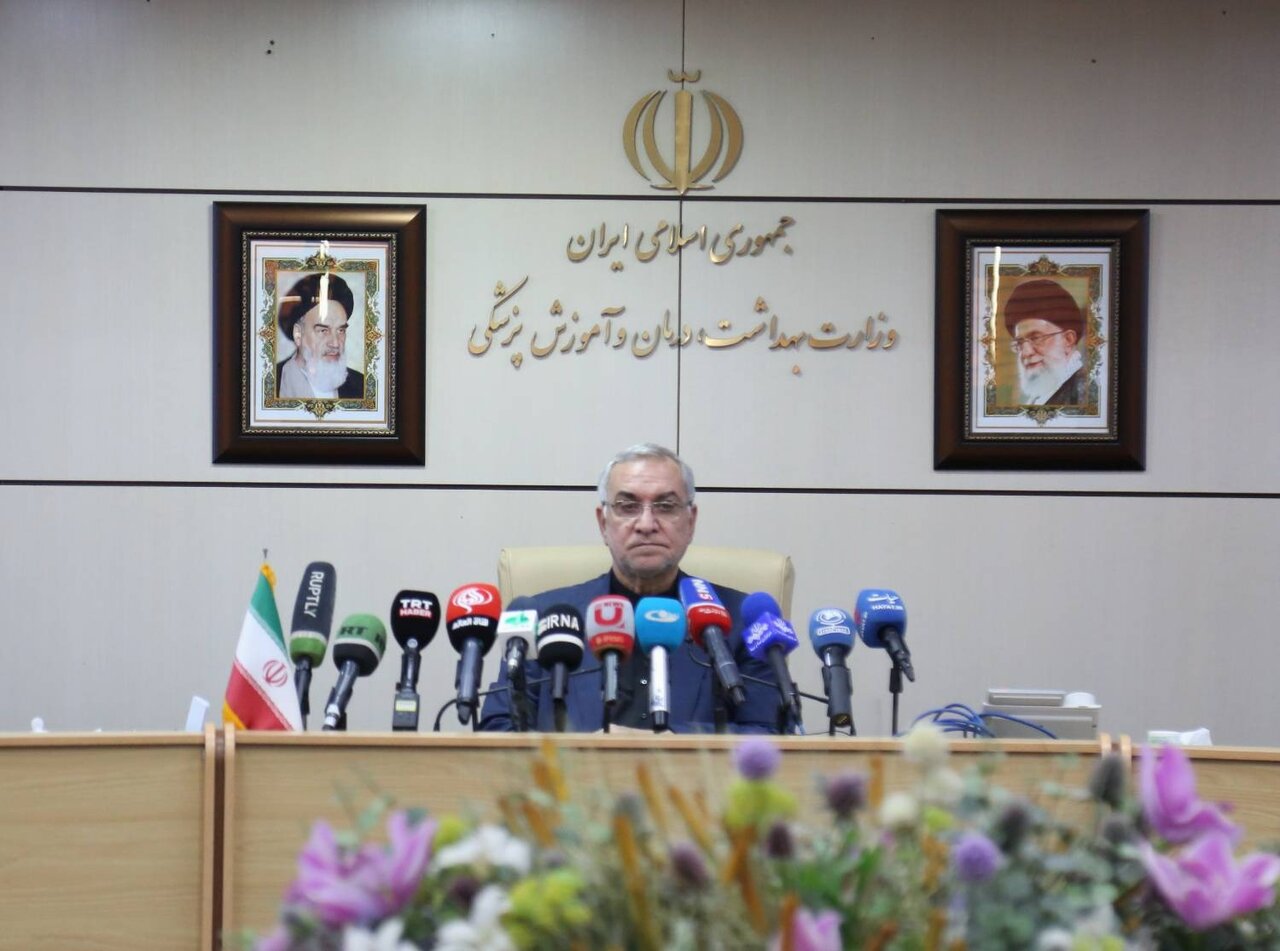Tehran conference to turn spotlight on family health

TEHRAN – The first International Congress on Family Health will open in Tehran on Tuesday to publicize the important role of family health in society.
Paying special attention to family health for turning primary health care into universal health care (PHC for UHC through family health) is the theme of the two-day event.
Health ministers from Qatar, Kenya, Saudi Arabia, Kazakhstan, Oman, Brazil, Pakistan, Egypt, Syria, Cuba, Tajikistan, India, Uzbekistan, Lebanon, Tunisia, Libya, Iraq, Kuwait, and Afghanistan have been invited to take part in the conference.
The event aims to promote the Family Health Program, an initiative launched in 2005 to provide easy and round-the-clock access to basic services and primary care for all in the country.
The conference will highlight Family Health Program and Integration of Education and Health Systems, Family Health Program and strengthening Primary Health Care, Family Health Program and Social Determinants of Health, Family Health Program and Community Engagement, and Family Health Program and Electronic Health.
Health Minister Bahram Einollahi has said the program enhances the PHC system through the delivery of integrated care. The relationship between PHC and the Family Health Program is mutually supportive.
PHC establishes the overarching framework for delivering essential healthcare services, with this program serving as an integral component of PHC.
It operates based on the same principles, including intersectoral coordination, comprehensiveness in offering promotional, preventive, curative, and rehabilitative services, fostering community participation and self-reliance, utilizing appropriate methods and technology, and upholding principles of fairness and equity.
Its specific focus lies in addressing the comprehensive health needs of families and ensuring all community member’s access to essential healthcare services.
Family Health Program and the Electronic Referral System prioritize the involvement of individuals, aiming to enhance community health literacy and empower individuals in overseeing the healthcare system.
People are encouraged to actively engage in assessing community needs, promoting health education, supporting local health priorities, and assisting in healthcare provision.
By fostering active partnerships, creating effective support networks, and prompting sustainable interventions, individuals play a vital role in maintaining and promoting community health.
The alignment between the Family Health Program and the social determinants of health hinges on knowledge, comprehension, and action.
This progeria underscores and tackles the influence of social determinants on family health through collaborative endeavors, supportive policies, and a holistic approach aimed at fostering equity, health interventions, and community resources to bolster health and well-being.
Certainly, ongoing monitoring and regular evaluation are indispensable elements of the Family Health Program.
Employing a systematic approach to assess performance, measure implementation and impact, enhance quality, and ensure accountability in delivering compressive healthcare services to families is crucial for the success of the Family Health Program and the referral system.
According to Einollahi, holding international health conferences provides the chance for more interactions with other countries and lays the ground for expanding health cooperation on pharmaceutical products and equipment.
Also, an exhibition of Iran's latest achievements in the fields of medicines, medical equipment, and health tourism will be set up on the sidelines of the conference.
Over 60 countries import Iranian medical equipment
Some 600 medical equipment companies are active in the country, producing around 99 percent of the medicine supplied to the domestic market. Medical equipment manufacturers in the country produce and supply over 10,000 types of medical equipment to domestic and foreign markets. Now, various pieces of laboratory equipment are manufactured at prices much lower than the same foreign products.
Iranian knowledge-based companies have succeeded in producing recombinant drugs which are mainly used for treating hard-to-treat diseases such as cancers, MS, hemophilia, and viral diseases.
On January 13, the head of Iran’s Union of Medical Equipment Manufacturers and Exporters said that medical equipment worth around $20 million is exported to more than 60 countries annually.
More than 70 percent of medical equipment and 100 percent of normal hospital beds are domestically made, IRNA quoted Abdolreza Yaqoubzadeh as saying.
Also, over 95 percent of specific ICU and CCU beds and more than 85 percent of operating room medical equipment such as anesthesia machines and other equipment are manufactured with cutting-edge technology in the country, he added.
G5 meeting
The 28th Technical Meeting of the G5 Forum was held in Tehran from February 13 to 15 with the theme of “Women and Family Health”.
G5 member states including Iraq, Afghanistan, Pakistan, Tajikistan, Iran, Uzbekistan (as an observer member), and the World Health Organization attended the meeting.
The participants examined joint strategies to improve the health of women and mothers. Also, indicators, achievements, challenges, and threats to women's health in physical, mental, and spiritual categories, and the future approaches were discussed, the Health Ministry website reported.
Addressing the meeting, Health Minister Bahram Einollahi said the main objective is improving regional countries' health. Mother's health is the pillar of a family’s health, which leads to the expansion of health in a country. So, mothers have a central role in the family.
“Making up half of the country's population, mothers can play an essential role in the nutritional and mental health of families by maintaining a healthy lifestyle.
Women’s physical, mental, cultural, emotional, and spiritual well-being improves health care. Healthy women make a healthy family and subsequently a healthy society.”
Einollahi added that the family physician program focusing on family health is being implemented in the country.
